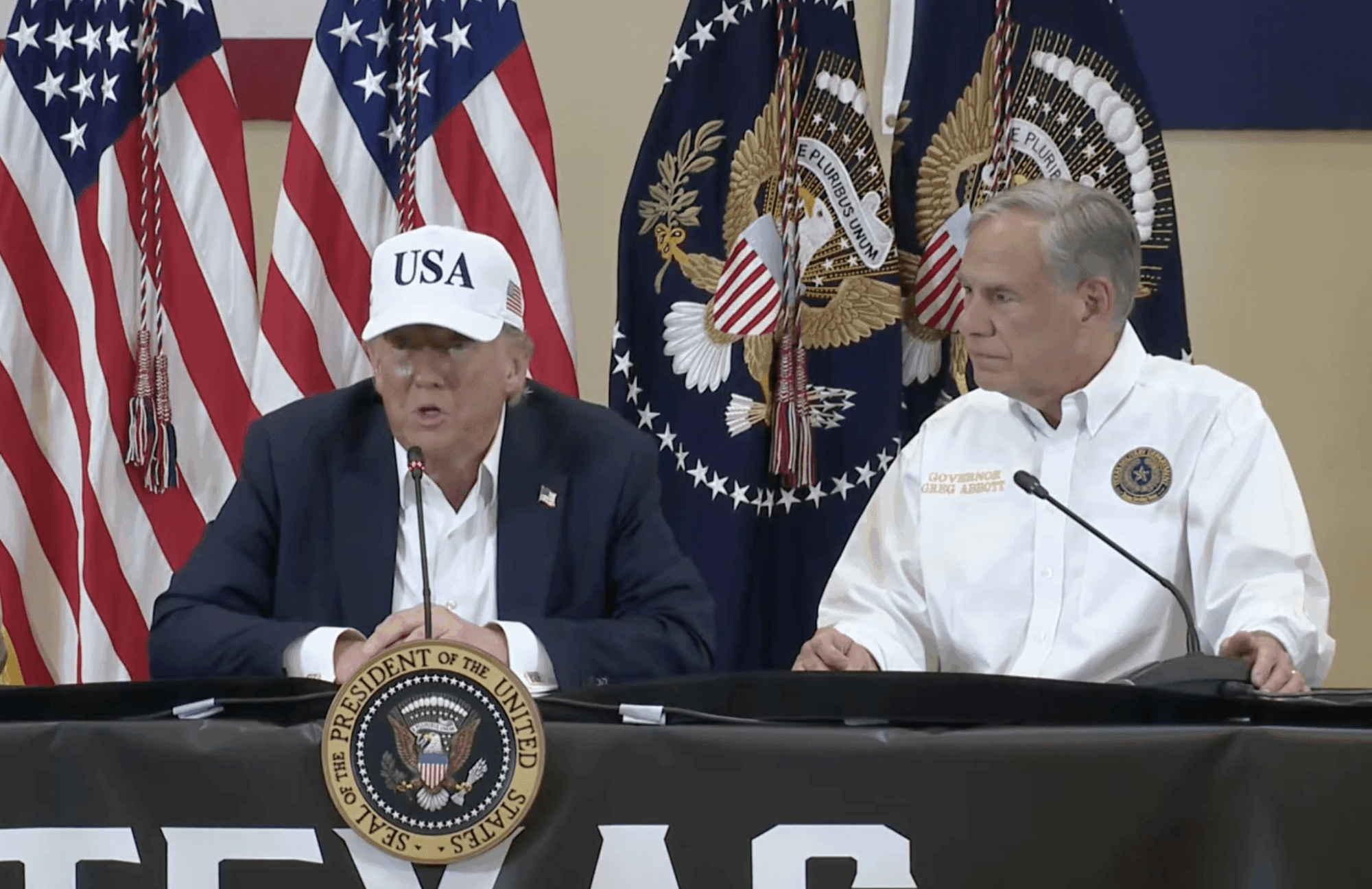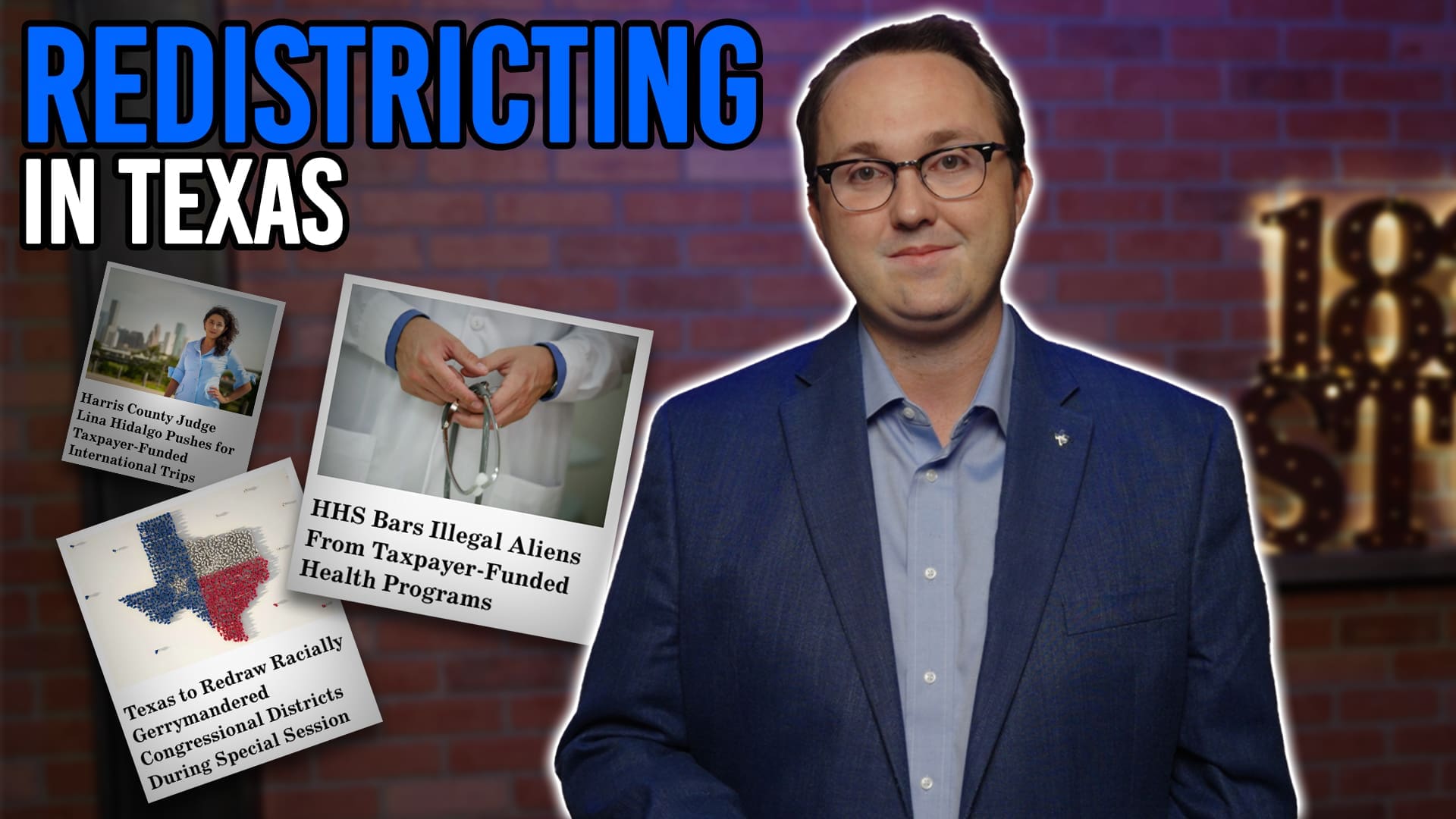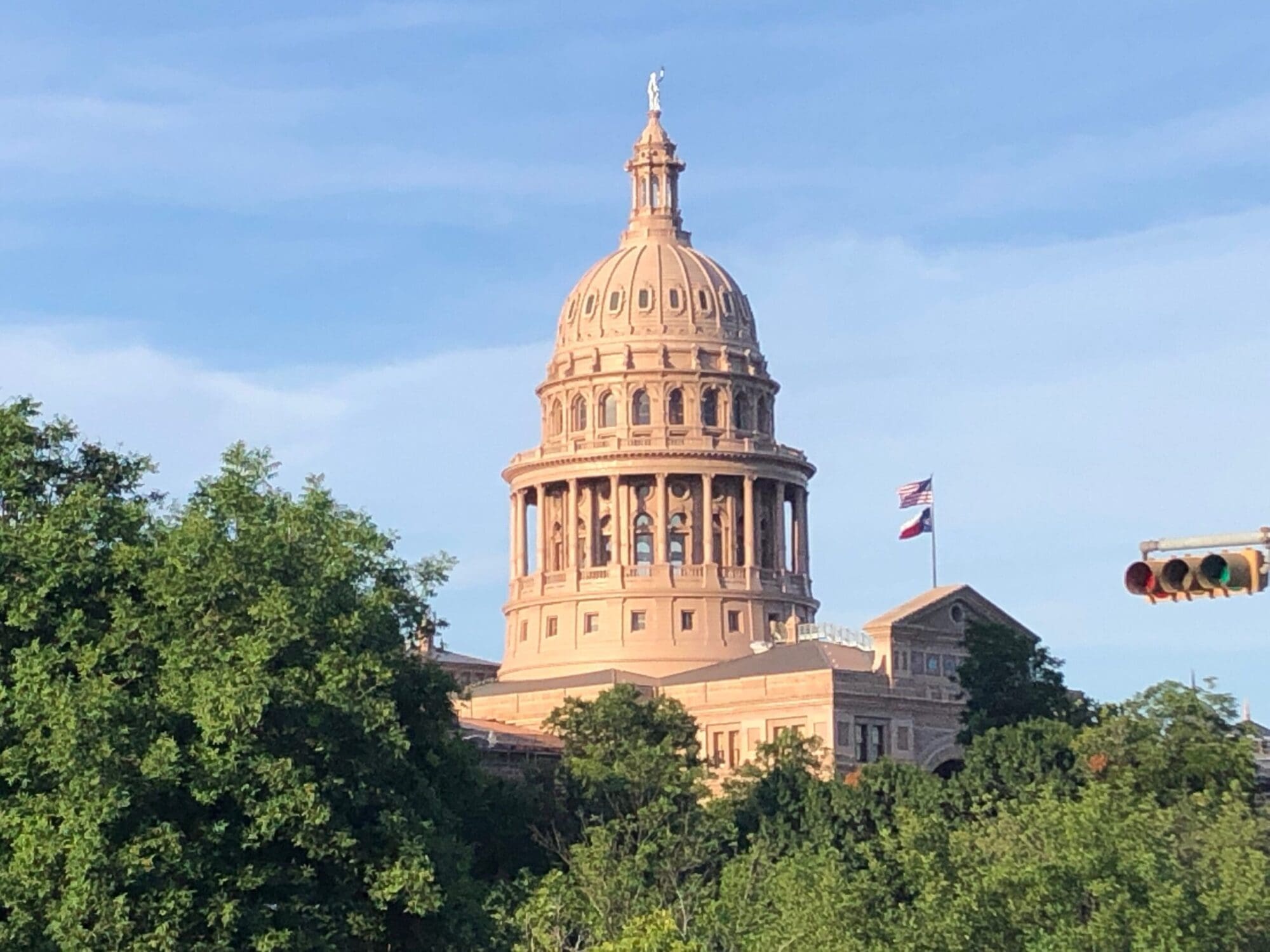For the second consecutive year Houstonians can expect to get a minor break on their property taxes. According to Houston City Controller Ronald Green, preliminary projections determine the city is expected to have to forego collecting $53 million in new property taxes, as to not exceed the voter-imposed revenue cap.
Most Houston officials have no qualms showing their disdain for tax relief, unless it’s for their business cronies, and this is no different. During a lengthy and occasionally heated debate, a cantankerous Green sparred back and forth with council members over the revenue cap, spending, and tax cuts.
As a public official deemed the taxpayer watchdog, Green showed a shocking disdain for taxpayers. At one point during the debate, he went so far as to say, “I don’t think returning money that will amount to a happy meal for each citizen is a good way of using city funds.” Interesting, this “insignificant” tax break for citizens is somehow significant to city coffers that would still rake in more revenue regardless of whether or not the cap existed.
What he naively forgets is that these are not “city funds” – they are taxpayer funds that rightfully belong to residents. Furthermore, the cap itself exists because of the restrictions that they voted for at the ballot box back in 2004.
Though Mayor Parker blames pension obligations as the primary culprit of Houston’s current financial state, she claims the second thing keeping them from financial stability is the revenue cap. In other words, instead of her working to better manage the city’s existing resources responsibly, residents should simply pay more.
Kelly Dowe, Houston’s financial director, refused to voice an opinion on the revenue cap when asked by city council and instead deferred to “his boss,” Mayor Parker, to answer for him. Although a primary duty of his job is being responsible for city revenue collections, Dowe wouldn’t publicly state his stance on one of the most prominent issues the city faces. These are the “public servants” working in the administration that supposedly represent Houstonians.
Green argued against the “reimbursement” and the revenue cap as a whole because he says there is never extra money, and acknowledged that the city always has something that this money can be used to pay for. Green is correct, there is never extra money, which is even more of a reason city hall should be looking at ways to reduce frivolous spending.
As with all Houston officials who argue that the revenue cap handicaps their ability to pay for city services, Green neglected to highlight the revenue streams that are collected outside of the cap restrictions, such as drainage and sewer fees, sales tax, airport fees, and TIRZ revenue. Property taxes are only one revenue source for the city.
Additionally, a revenue cap only limits the growth of property tax revenue—it doesn’t prevent the city from growing their General Fund budget. In other words, the cap is a limit on revenue growth, not a freeze. If the cap survives Parker’s siege against it, the city will still have more property tax revenue each year to spend.
Green’s tenure as controller has been less than impressive. During his time in office, he has only voiced concerns when it came to opposing the revenue cap. When Houston needed a vocal controller to advise the city on the impact of their pension obligations or ballooning budget, he sat silent acting as an extension of the Mayor’s office representing her political interests instead of serving as a check to the Mayor’s power, as an independent government branch.
In several attempts to minimize the across-the-board tax relief that would benefit the poorest property owners, Parker offered an increase in property tax exemptions for seniors and the disabled. By doubling exemptions for some, the mayor can avoid a larger rollback for taxpayers across the city. But, as we said before, a modest citywide rollback is still expected.
Parker’s contempt for the will of the voters will likely be seen in full force this upcoming November when the revenue cap, as she has hinted, will be placed on the ballot to either be altered or fully repealed.




